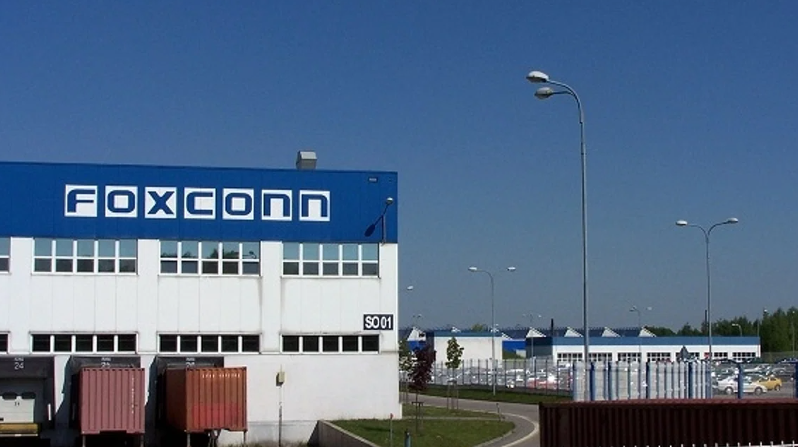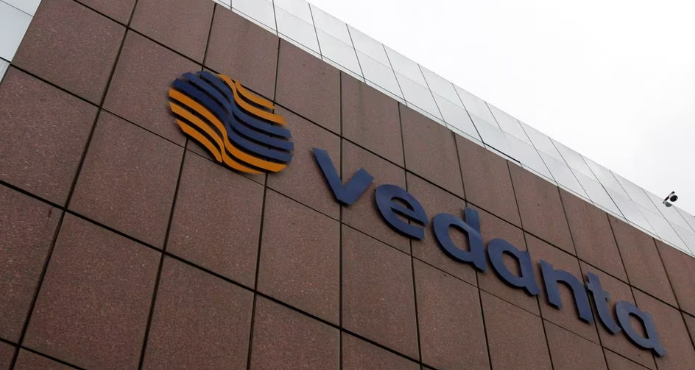OUTLINE:
Foxconn withdraw $19.5 billion and pulling out of chip JV with Vedanta
 251
251Foxconn has released a statement indicating that it has withdrawn from its $19.5 billion semiconductor joint venture with the Indian Vedanta Group. This decision has dealt a significant blow to Indian Prime Minister NarendraModi’s chip manufacturing plan.

In the statement, Foxconn announced that it had decided not to proceed with the joint venture with Vedanta, but did not provide further details regarding the reasons for its withdrawal.
Foxconn explained that the they had collaborated for over a year with the goal of establishing a chip factory in India, but that they had unanimously agreed to terminate the plan. As a result, Foxconn will be removing its name from the joint venture, which is now entirely owned by Vedanta.
According to a Bloomberg report, Hon Hai and Vedanta's joint venture in building a 28-nanometer chip factory in India had failed to meet the Indian government's standards and, as a result, could not receive billions of dollars in subsidies. This setback has proven to be a significant obstacle to their plan to invest $19.5 billion in building a semiconductor factory in India.
An insider suggested that Foxconn had decided to exit the joint venture due to concerns regarding the Indian government's delay in approving incentive measures.
Modi has prioritized chip manufacturing as a cornerstone of India's economic strategy in the pursuit of a "new era" of electronics manufacturing. Foxconn's decision to withdraw from the joint venture deals a significant blow to his ambition to attract foreign investors to manufacture chips locally.
Neil Shah, Vice President of Counterpoint Research, opined that "the failure of this deal is undoubtedly a setback for the 'Make in India' initiative." He added that this is not good news for Vedanta and "has raised the attention and suspicion of other companies."
In February of last year, Foxconn announced that it would partner with the Indian natural resources group Vedanta to build a chip factory in India. The joint venture aimed to meet the significant demand of the local electronic industry in India. This move would also make Foxconn one of the major foreign technology manufacturers responding to India's "chip manufacturing localization" strategy.

The progress of the chip project will depend heavily on the subsidies from the central and state governments of India, as well as bank loans. In December of 2021, India's Minister of Technology announced that India had approved a $10 billion incentive plan to attract global semiconductor and display manufacturers to build factories in India, further promoting India's efforts to build a global electronic product production center.
Despite unsuccessful joint forces, Foxconn remains confident about the direction of India's semiconductor development. According to Foxconn, they are committed to India and sees the country successfully establishing a robust semiconductor manufacturing ecosystem, although it might take time. Foxconn has been present in India since 2006 and looks forward to growing alongside India's nascent semiconductor industry.
The Narendra Modi-led government has reworked the $10 billion plan offering financial incentives of up to 50 per cent of capital costs for semiconductor and display manufacturing projects.

Disclaimer: The views and opinions expressed by individual authors or forum participants on this website do not represent the views and opinions of Chipsmall, nor do they represent Chipsmall's official policy.

share this blog to:

